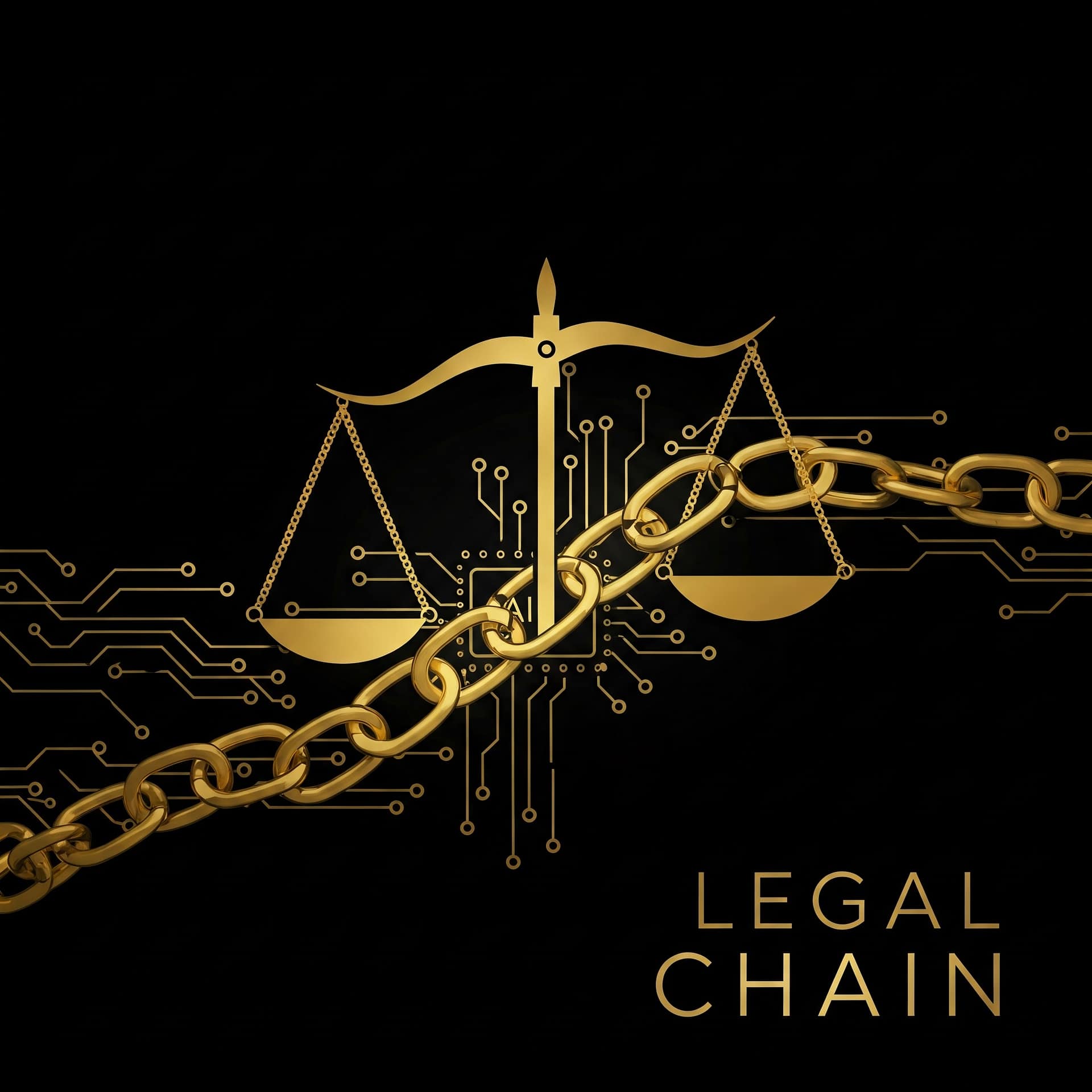Out with the Paper, In with the Future

For centuries, the wet signature on a physical document has been the cornerstone of legal agreements. A flourish of the pen, a smudge of ink – a tangible symbol of intent and commitment. But the legal landscape is rapidly transforming, and the reign of paper and pen is facing a new challenger: Artificial Intelligence (AI).
While the concept of a signature-less legal world may seem futuristic, AI is already making significant inroads in the realm of electronic signatures (e-signatures) and digital signatures. Let\’s delve into how AI is driving this shift and explore the implications for the future of legal agreements.
The Limitations of Paper-Based Signatures:
Traditional wet signatures come with inherent drawbacks:
- Security Concerns: Paper documents are susceptible to forgery, loss, and physical damage.
- Inefficiency: The physical exchange of documents for signatures can be slow and cumbersome, especially across geographical boundaries.
- Lack of Audit Trails: Tracking document versions and signature history can be challenging in a paper-based system.
AI\’s Role in E-Signatures:
E-signatures have emerged as a secure and efficient alternative. Platforms allow users to sign documents electronically, often with a click or a stylus on a touch screen. However, ensuring the validity and authenticity of these signatures remains crucial.
This is where AI steps in. AI-powered e-signature platforms utilize various techniques to enhance security:
- Multi-Factor Authentication: Users may be required to provide additional verification beyond simply clicking \”sign,\” such as entering a one-time passcode or undergoing biometric verification.
- Fraud Detection: AI algorithms can analyze signing patterns and identify anomalies that might suggest fraudulent activity.
- Tamper-Proof Records: E-signature platforms create tamper-proof audit trails that record every action taken on a document, ensuring a clear chain of custody.
The Rise of Digital Signatures:
Digital signatures offer an even more advanced layer of security. They employ cryptographic methods to link a unique signature to a specific signer and the document itself. Any alteration to the document after signing would invalidate the signature, making them highly tamper-proof.
AI plays a vital role in managing digital certificates, which are essential for creating and verifying digital signatures. AI can:
- Automate Certificate Issuance: Streamline the process of issuing and managing digital certificates for users.
- Enhanced Security Protocols: AI can continuously analyze security threats and recommend updates to digital certificate protocols.
The Future of Legal Signatures:
While traditional wet signatures may not disappear entirely, AI is undoubtedly paving the way for a more secure, efficient, and auditable future for legal agreements. Here\’s what we can expect:
- Wider Adoption of E-Signatures: As AI strengthens the security of e-signatures, their adoption across legal documents is likely to accelerate.
- Standardization of Digital Signatures: Standardized protocols and regulations governing digital signatures will become increasingly crucial to ensure global acceptance and enforceability.
- AI-Powered Smart Contracts: AI could pave the way for \”smart contracts\” – self-executing agreements written in code, where AI verifies conditions and automatically triggers actions based on pre-defined parameters.
The Benefits of Embracing AI:
The legal field stands to gain significant advantages from embracing AI-powered solutions for signatures:
- Increased Efficiency: Legal transactions can be streamlined, saving time and effort for all parties involved.
- Enhanced Security: AI-powered signatures offer a higher level of security and tamper-proof documentation.
- Global Accessibility: Electronic signatures facilitate easier collaboration across borders, fostering international business transactions.
- Reduced Costs: Eliminating paper and administrative burdens associated with wet signatures can lead to lower overall costs.
The Road Ahead:
The integration of AI into legal signatures is still evolving. Legal frameworks and regulations need to adapt to address potential challenges, such as data privacy concerns and ensuring equitable access to technology for all parties involved.
However, the potential benefits are undeniable. By embracing AI, the legal world can move towards a future of secure, efficient, and accessible agreements, making the signing process less about the flourish of a pen and more about the power of innovation.
-
Out with the Paper, In with the Future
For centuries, the wet signature on a physical document has been the cornerstone of legal agreements. A flourish of the pen, a smudge of ink – a tangible symbol of intent and commitment. But the legal landscape is rapidly transforming, and the reign of paper and pen is facing a new challenger: Artificial Intelligence (AI).…
